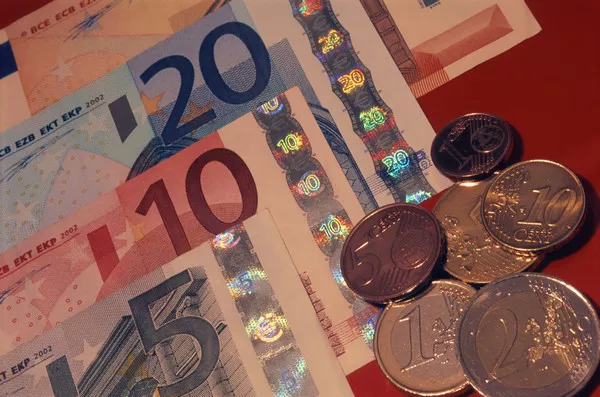In the complex tapestry of global economics, the strength or weakness of major currencies plays a pivotal role in shaping the financial landscape. The euro, as the second most traded currency in the world, holds a significant position in international commerce. Understanding the repercussions of a weakening euro is crucial for businesses, investors, and policymakers alike. In this article, we delve into the multifaceted aspects of what happens when the euro weakens.
Exchange Rate Dynamics
A weakening euro implies a decline in its value relative to other currencies. This change is most prominently observed in the exchange rates, where the euro trades at a lower value against currencies such as the US dollar, Japanese yen, or British pound. Importantly, this can influence trade balances, impacting both imports and exports.
Export and Import Dynamics
One immediate effect of a weakening euro is the boost it provides to a region’s exports. A lower currency value makes the products and services of the region more affordable for foreign buyers, potentially increasing demand and bolstering the export sector. Conversely, imports become more expensive, potentially leading to a reduction in foreign goods and services consumed domestically.
Inflationary Pressures
While a weaker euro can benefit exporters, it may pose challenges on the domestic front. Imported goods become pricier, contributing to inflationary pressures. Rising inflation can affect consumer purchasing power, leading to changes in spending patterns and impacting various sectors of the economy. Central banks may need to reassess monetary policies to mitigate inflation risks.
Economic Competitiveness
A weakening euro can enhance the competitiveness of the Eurozone’s economy on the global stage. This is particularly advantageous for industries that heavily rely on international markets. Sectors such as manufacturing, technology, and tourism may experience a surge in demand as their products and services become more attractive to foreign consumers.
Financial Market Responses
Financial markets are highly sensitive to currency movements. A weakening euro often prompts reactions in equity markets, bond markets, and commodity prices. Investors may adjust their portfolios in response to shifting currency valuations, influencing asset prices across various sectors. Traders and investors must carefully monitor and adapt to these fluctuations to optimize their investment strategies.
Debt Dynamics
Countries within the Eurozone often issue debt denominated in euros. A weaker euro can impact the cost of servicing this debt, especially for nations with substantial external obligations. While it may alleviate the burden for debtor nations, it can raise concerns for creditors, potentially affecting credit ratings and the overall stability of financial markets.
Impact on Multinational Corporations
Multinational corporations with operations in the Eurozone may experience both advantages and disadvantages when the euro weakens. On one hand, their exports from the region become more competitive, potentially boosting profits. On the other hand, the cost of importing raw materials or components from other regions may increase, impacting overall production costs.
Political and Social Ramifications
Economic changes, particularly those related to currency values, can have far-reaching political and social consequences. A weakening euro may trigger debates and discussions among policymakers regarding appropriate economic measures. Additionally, citizens may experience changes in their standard of living due to fluctuations in prices and economic uncertainties, potentially influencing public sentiment and political landscapes.
Conclusion
In the intricate web of global finance, the consequences of a weakening euro are far-reaching and multifaceted. From trade dynamics to inflationary pressures, the impact touches various aspects of the economy. While exporters may benefit from increased competitiveness, import-dependent industries and consumers may face challenges. Financial markets respond with volatility, and the political and social ramifications add another layer of complexity.
Understanding the implications of a weakening euro is essential for businesses, investors, and policymakers alike. Strategies must be devised to navigate the changing economic landscape, and proactive measures may be required to mitigate potential risks. As the global economy continues to evolve, the strength and stability of major currencies will remain central to the prosperity of nations and the interconnected world of international trade.


